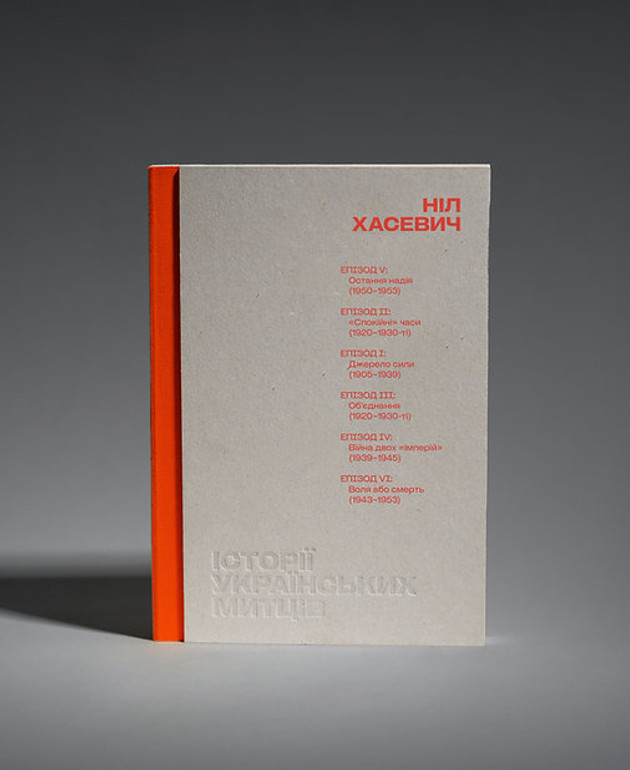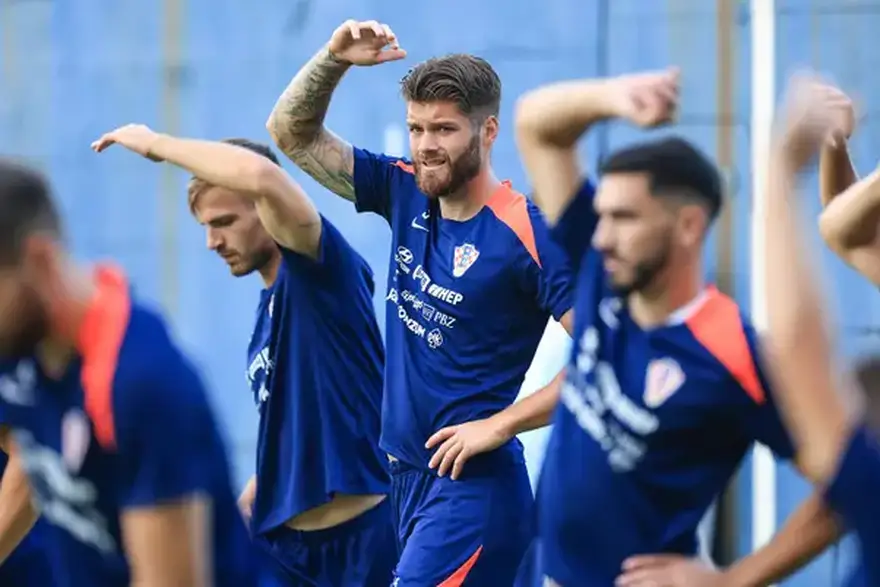« Change is not a linear process, but it is possible »: Varadar, Kiselova and Georgiev in a discussion on human rights

Leo Varadkar, who was the prime minister of Ireland between 2017-2020 and 2022-2024, stressed that the protection of fundamental rights starts from people themselves-through dialogue, perseverance and pursuit of consensus. He recalled key political reforms in Ireland in recent years, such as the abolition of abortion ban and legalizing same -sex marriage. Both changes were adopted after a referendum. Varadkar is one of the five open homosexual government leaders in the world.
| « Change is not a linear process, but it is possible – even in the most conservative societies, » said the former prime minister, who is currently working on topics |
The discussion organized by the Department of International Law and International Relations of the Faculty of Law in collaboration with the Ireland Embassy gathered diplomats, MPs, teachers, activists and students. And the representatives of the Bulgarian institutions have also been publicly heard questions about same-sex marriage, the law against LGBTI-propaganda, adopted quickly last summer, about changing gender, what the planned religion training brings. As well as comments on the observance of the European Convention on Human Rights and the Mechanism for Investigation of the Attorney General, established after a conviction against Bulgaria by the European Court of Justice against Bulgaria.
Leo Varadkar, Former Ireland Prime Minister: The next at least 4 years will be a big challenge
According to Varadkar, this to begin public dialogue and meetings between citizens and institutions has played a big role in the development of Ireland. He explained that such discussions did not lead to the « breakup of society », but answered many questions and misunderstandings, including what LGBT couples could do in the investigation and pension, eg.
He explained that the goals of upholding equal rights were not related to that at school eg. To speak or present homosexuals, and that they should have the same attitude and they should not be afraid of prosecution. The former prime minister recalled that in order to have changes, risks need to be taken.
| National Assembly President Natalia Kiselova drew attention to the legal need for the regulation of personal and property relations in same -sex cohabitation – a topic on which she as a lawyer said she had a position and puts more than 15 years. |
Georgi Georgiev, who introduced himself as the parent of a 13-year-old child and have a partner, asked Natalia Kiselova how it would be guaranteed that the introduction of an object of religion in schools would not lead to discrimination. He was concerned that as a parent from the LGBT community, teaching religious texts could create a vulnerable environment for his child, pointing out that the Bible texts could be used that are interpreted as such against homosexuality.
« The Law on School and Preschool Education provides for the standards for the creation of curricula – they are a field for discussion for at least 5 years. There are three options to study religion – Christianity, Islam and a philosophical cycle, and it depends on the parent where the child will be redeemed. My opinion is not a matter of secular education, « Kiselova explained.
Missed Billions: Homophobia in Bulgaria also has a high economic price
Justice Minister Dr. Georgi Georgiev emphasized the need for equality to be considered responsible without being subject to political abuse. He also drew attention to other important challenges in law, such as the fight against violence aimed at children, women and animals in all its forms.
« The topic of violence cannot become a taboo topic because of the formulation of the law. Violence has no place in Bulgarian schools, » he said in connection with the statement of Sofia municipal councilor Hristo Koparanov, that the teachers he spoke with are worried to discuss the topic of tolerance and insulting after the adoption of the law.
During his visit to Sofia, Leo Varadkar met with representatives of civil organizations in Bulgaria and participated in events for the 10th anniversary of the GLAS Foundation.









